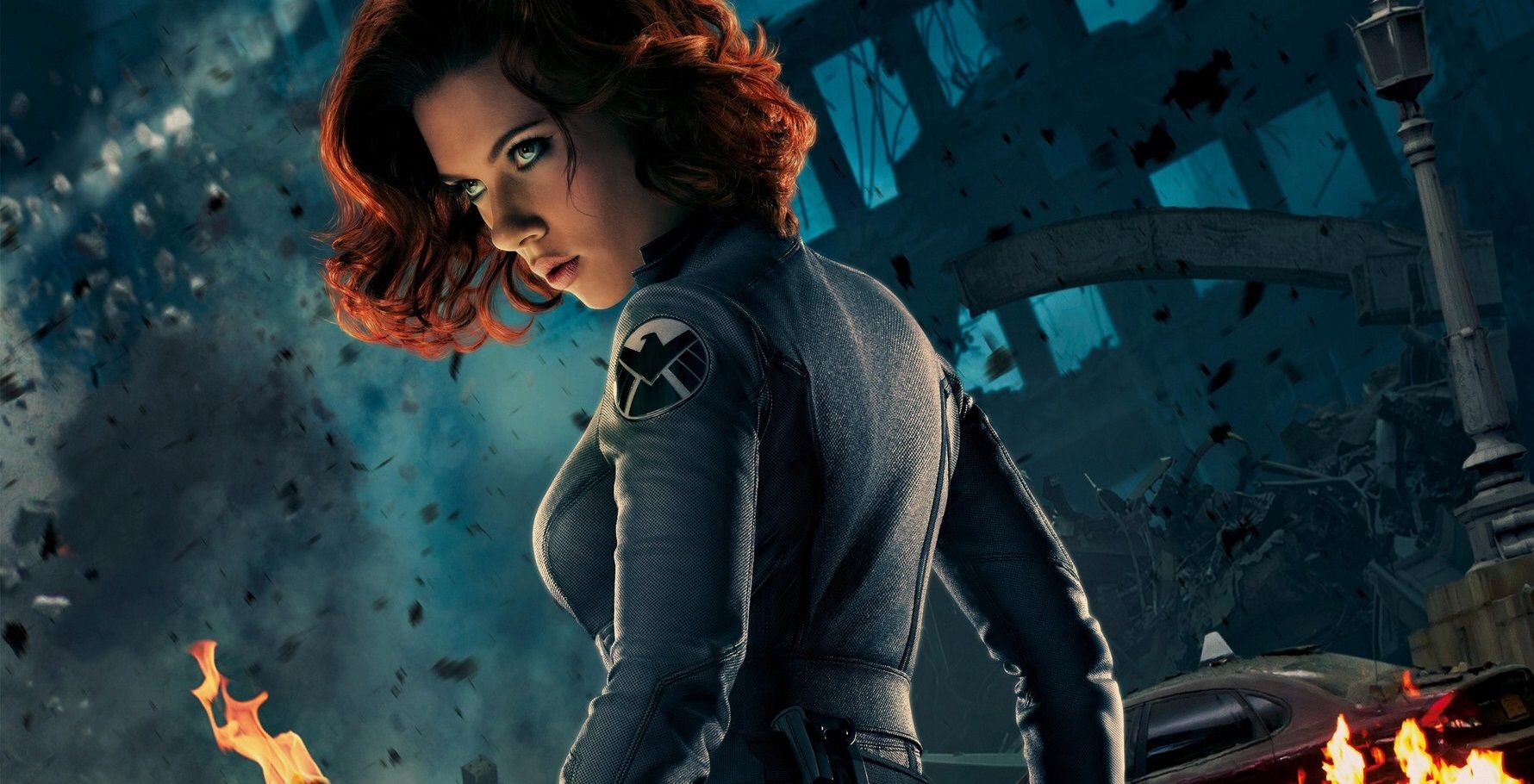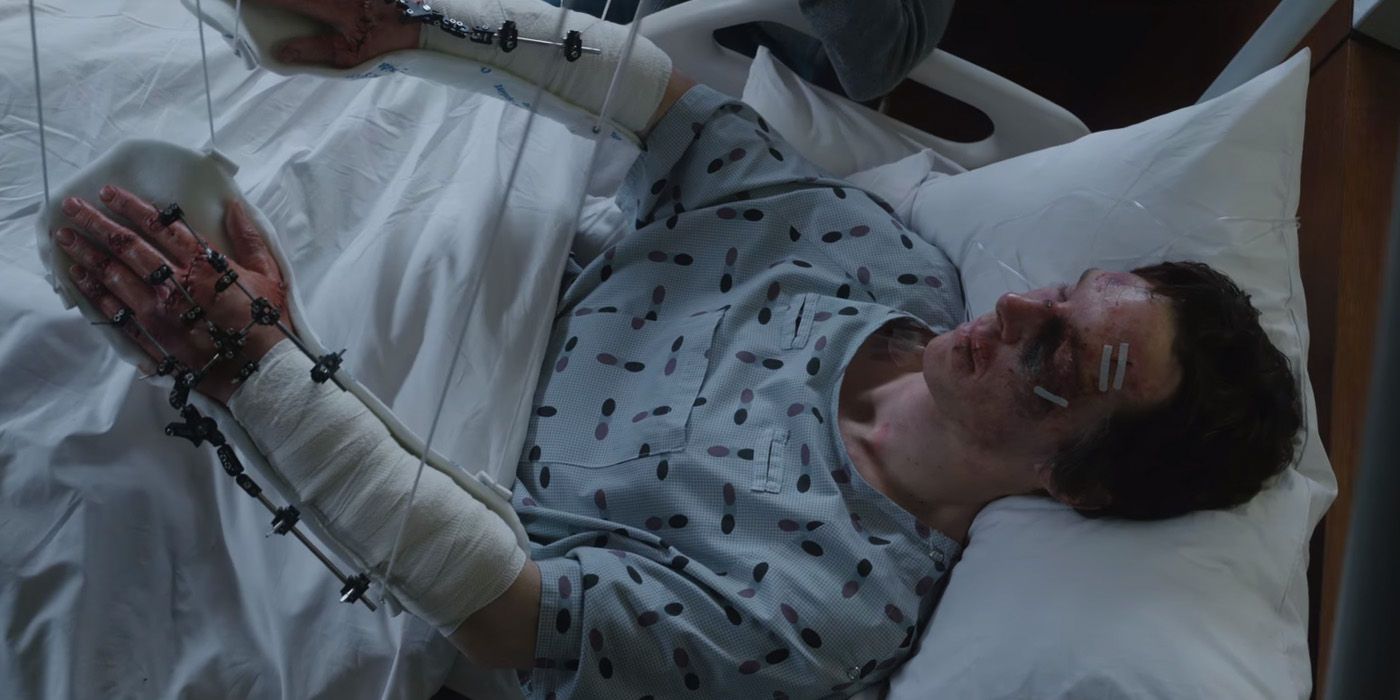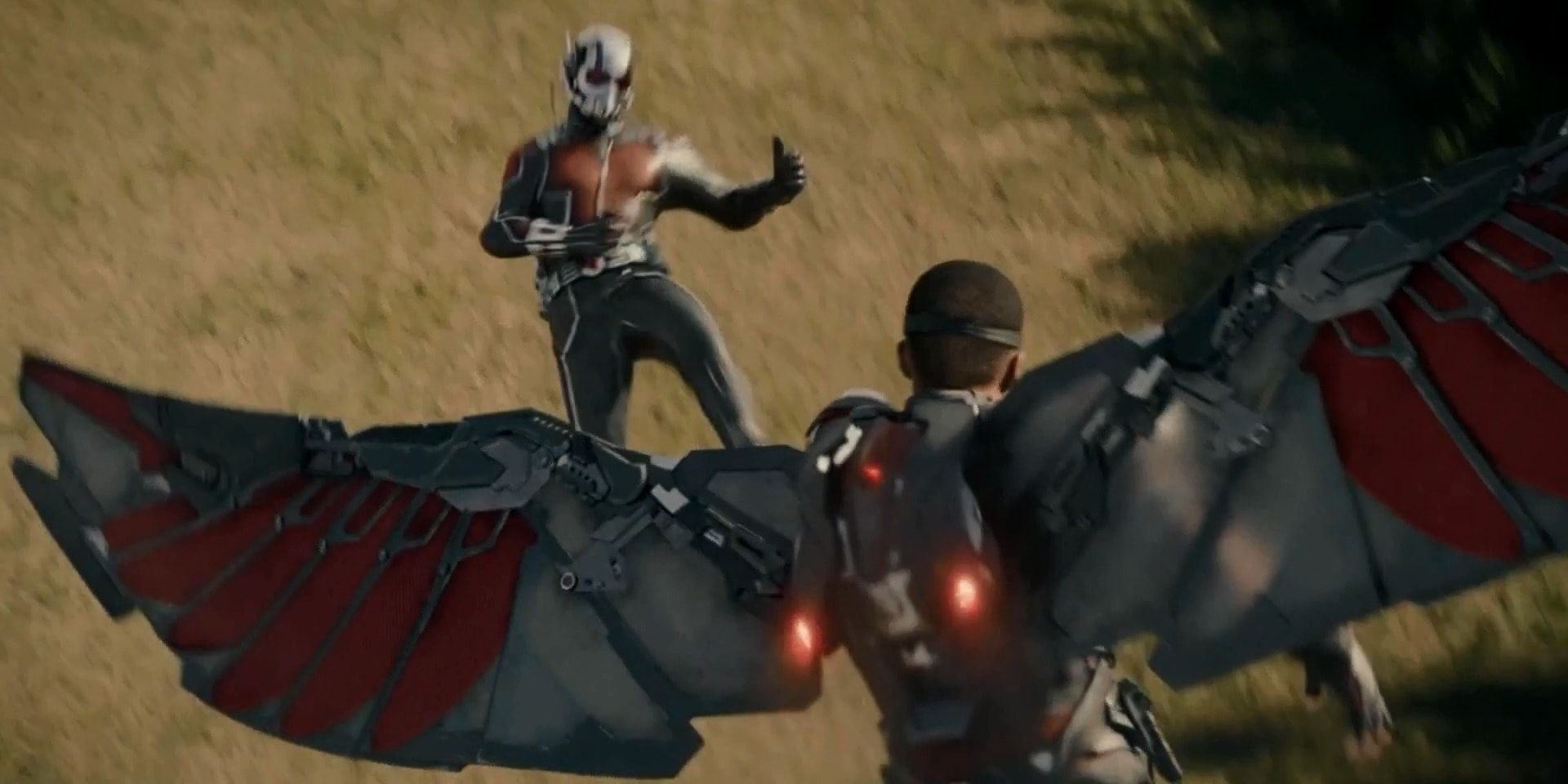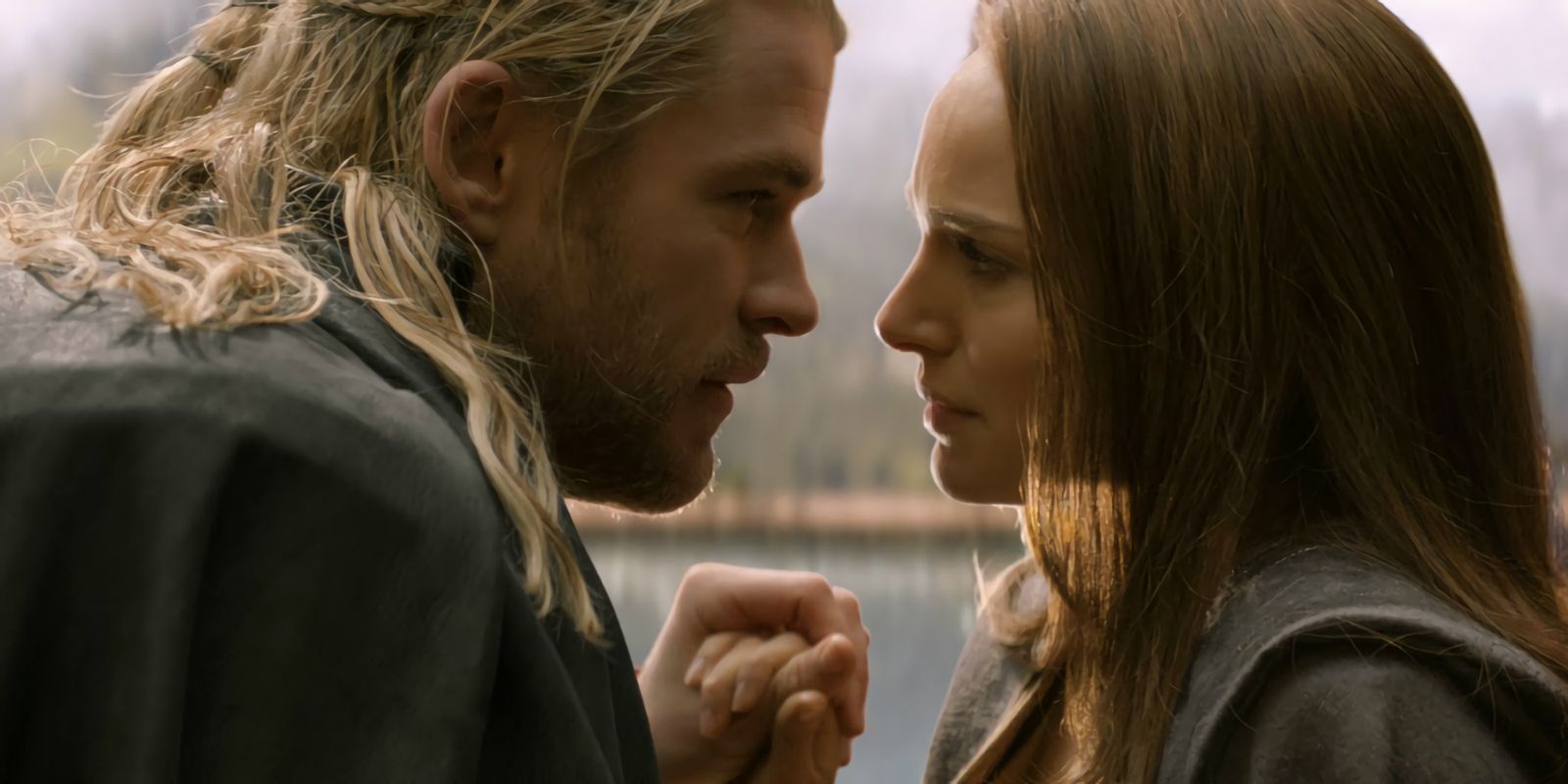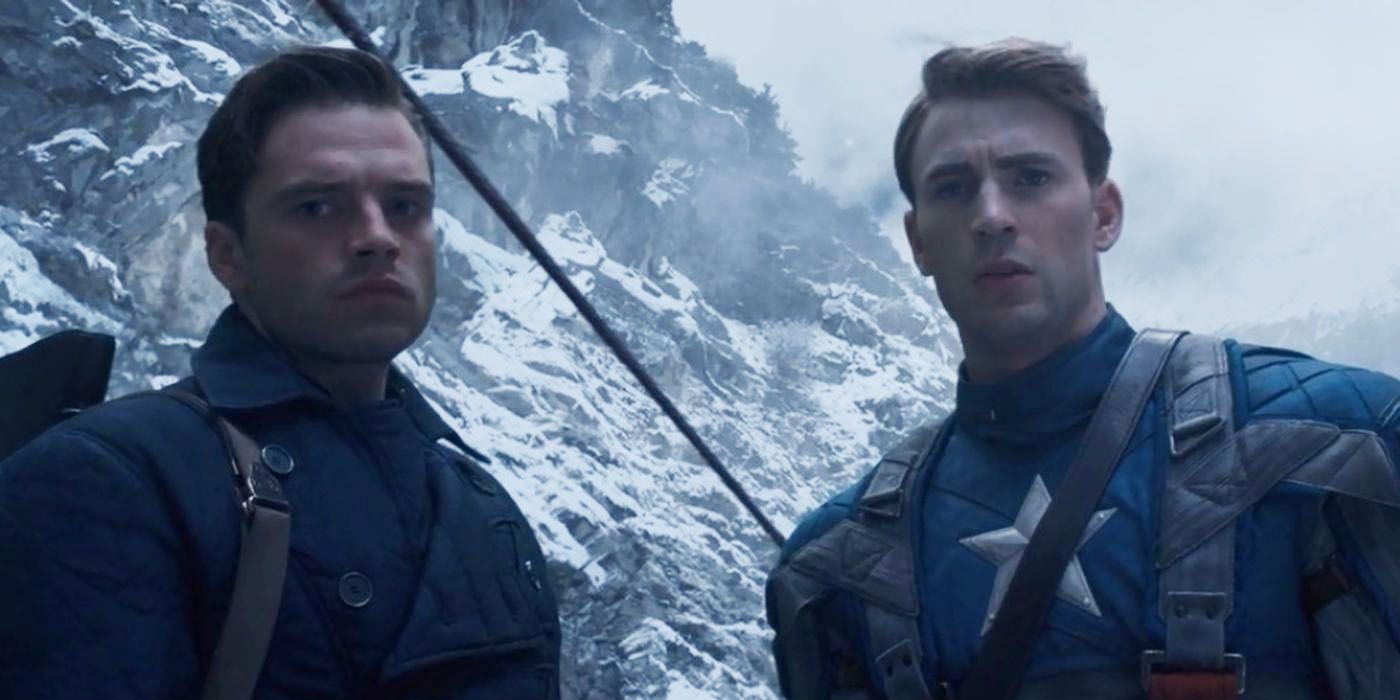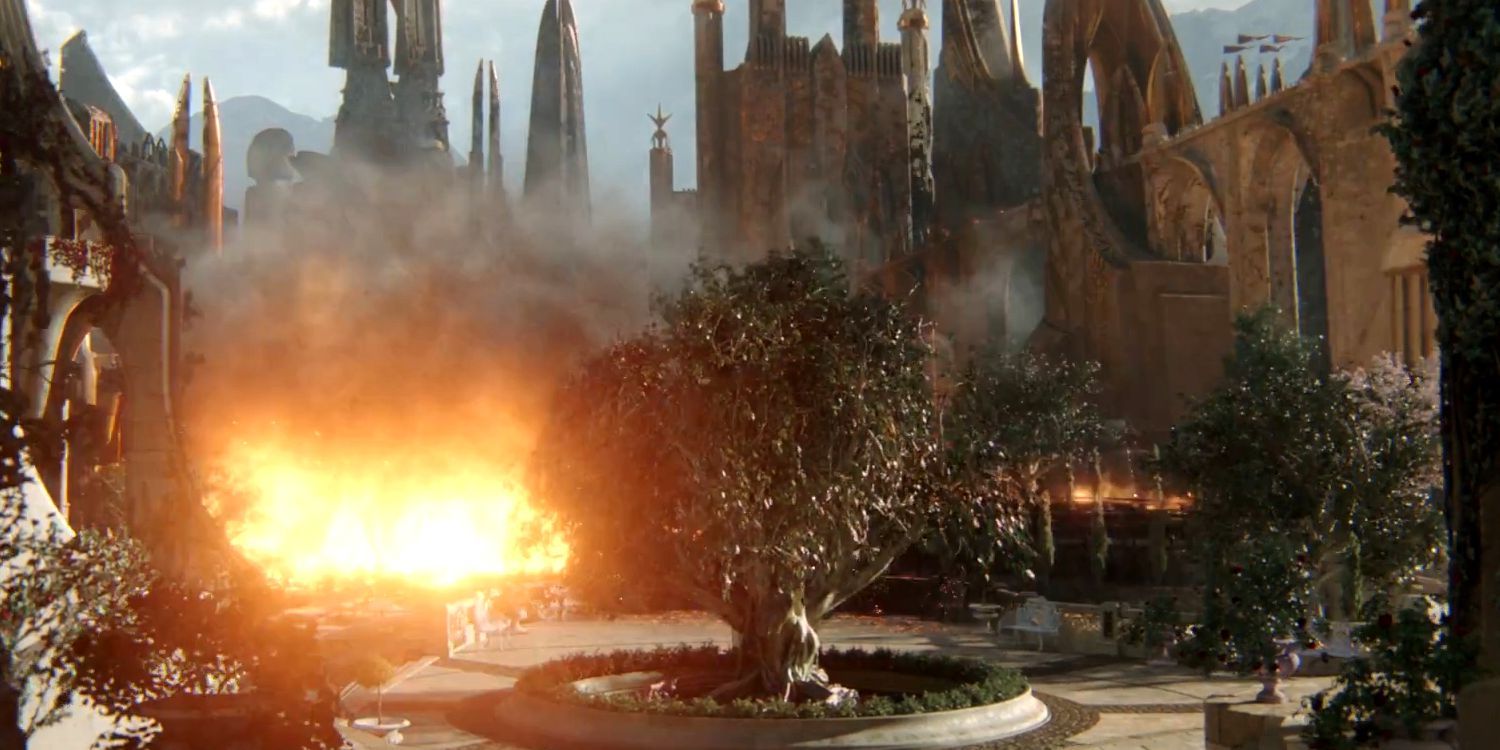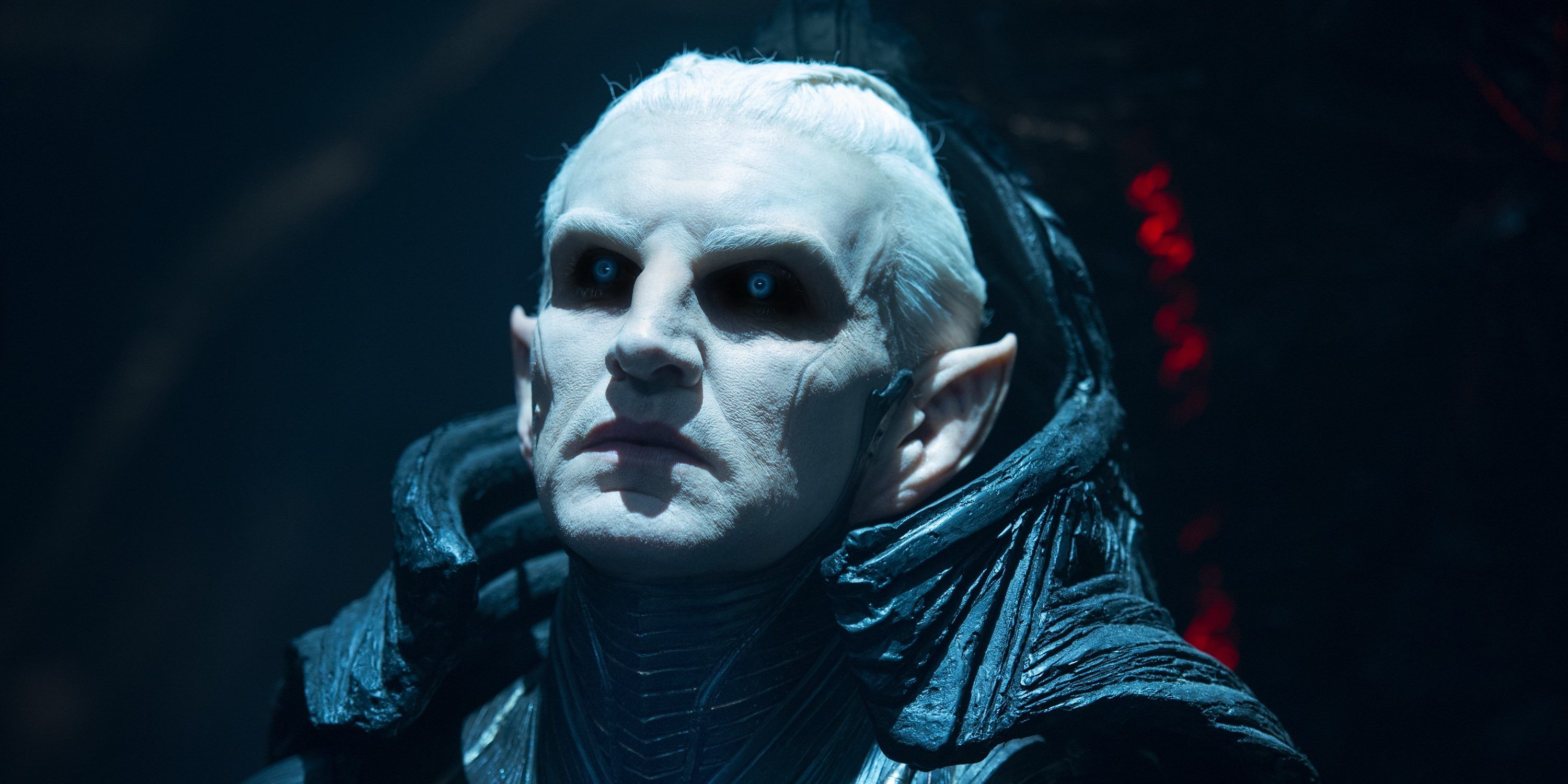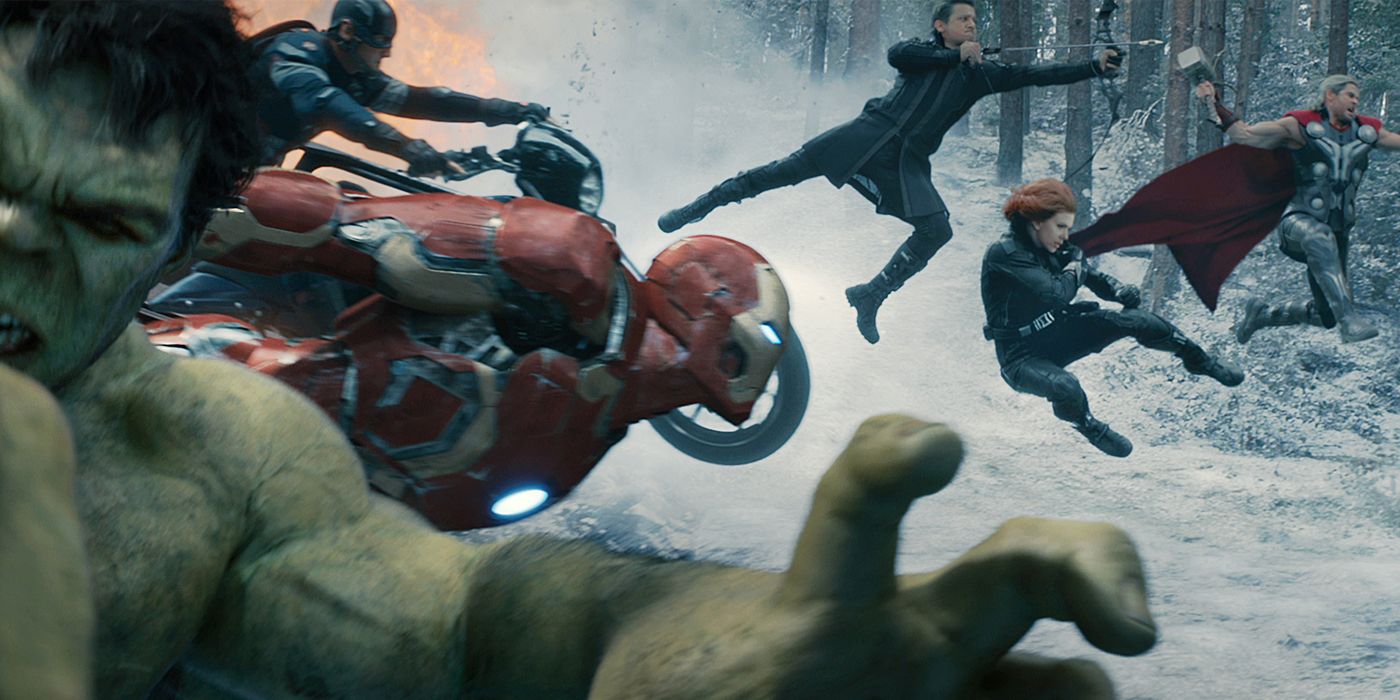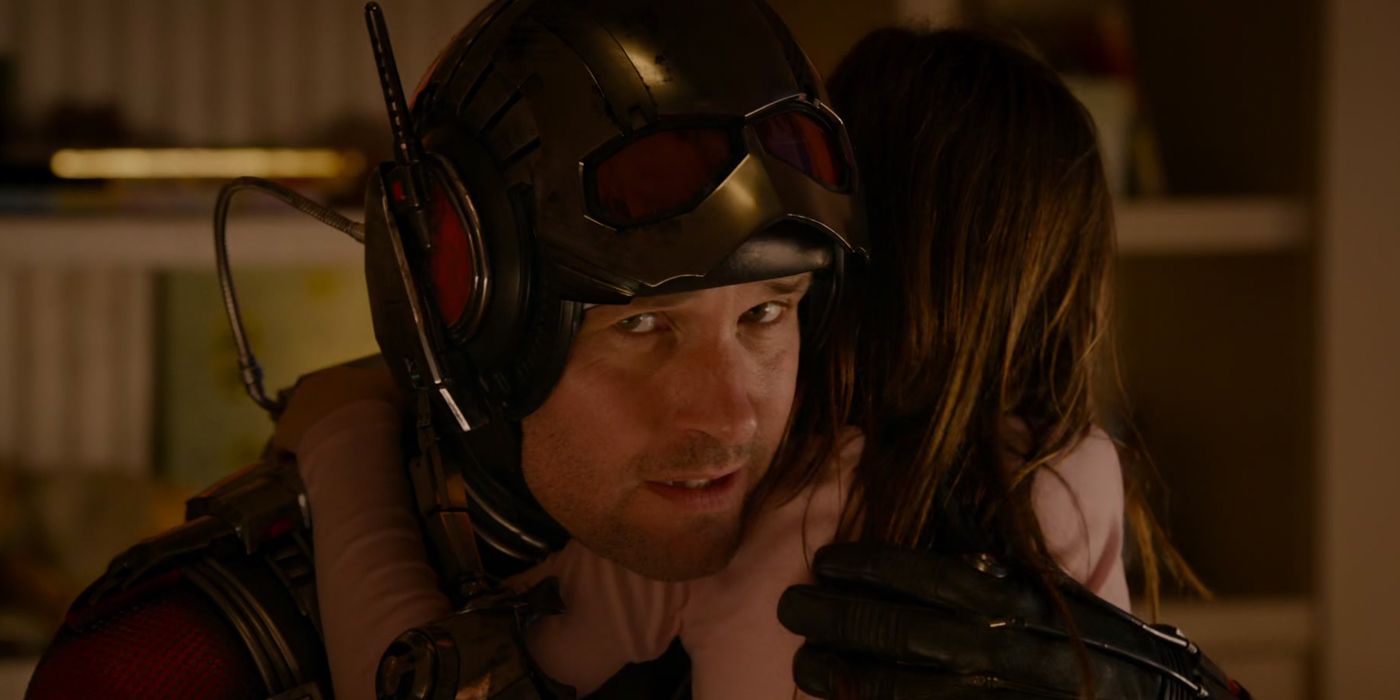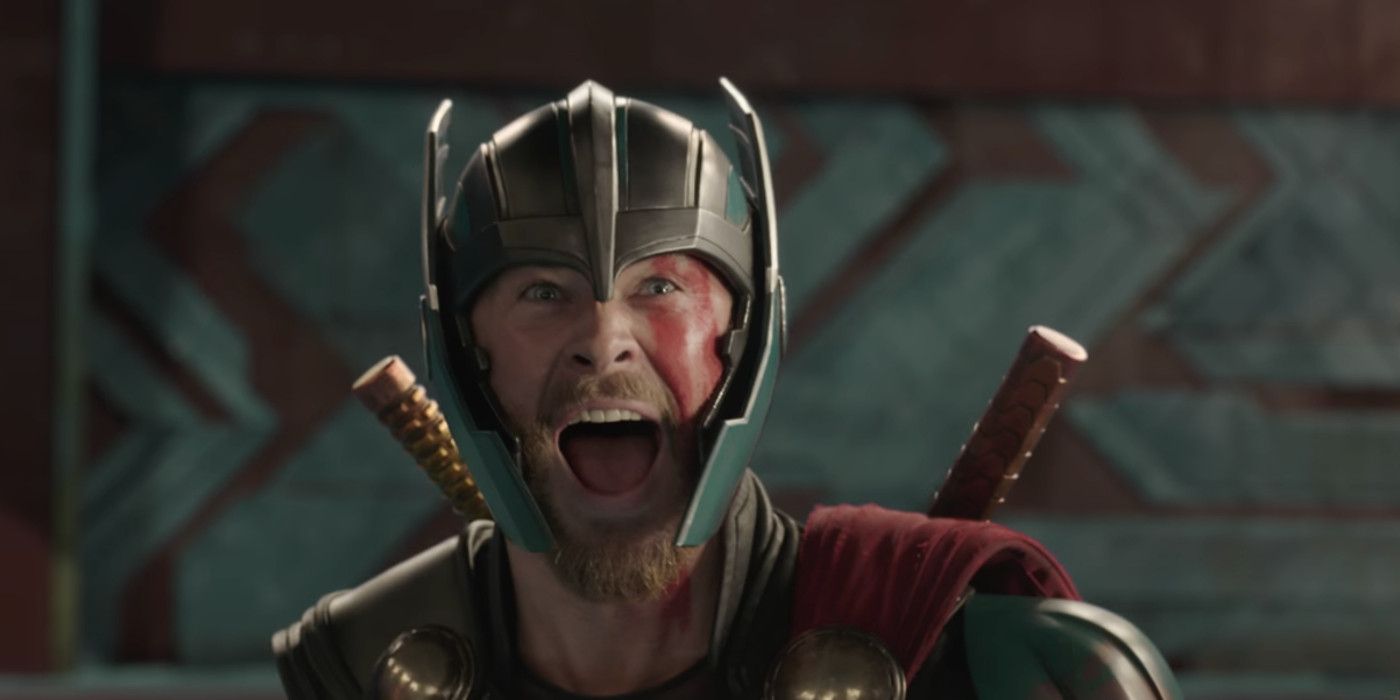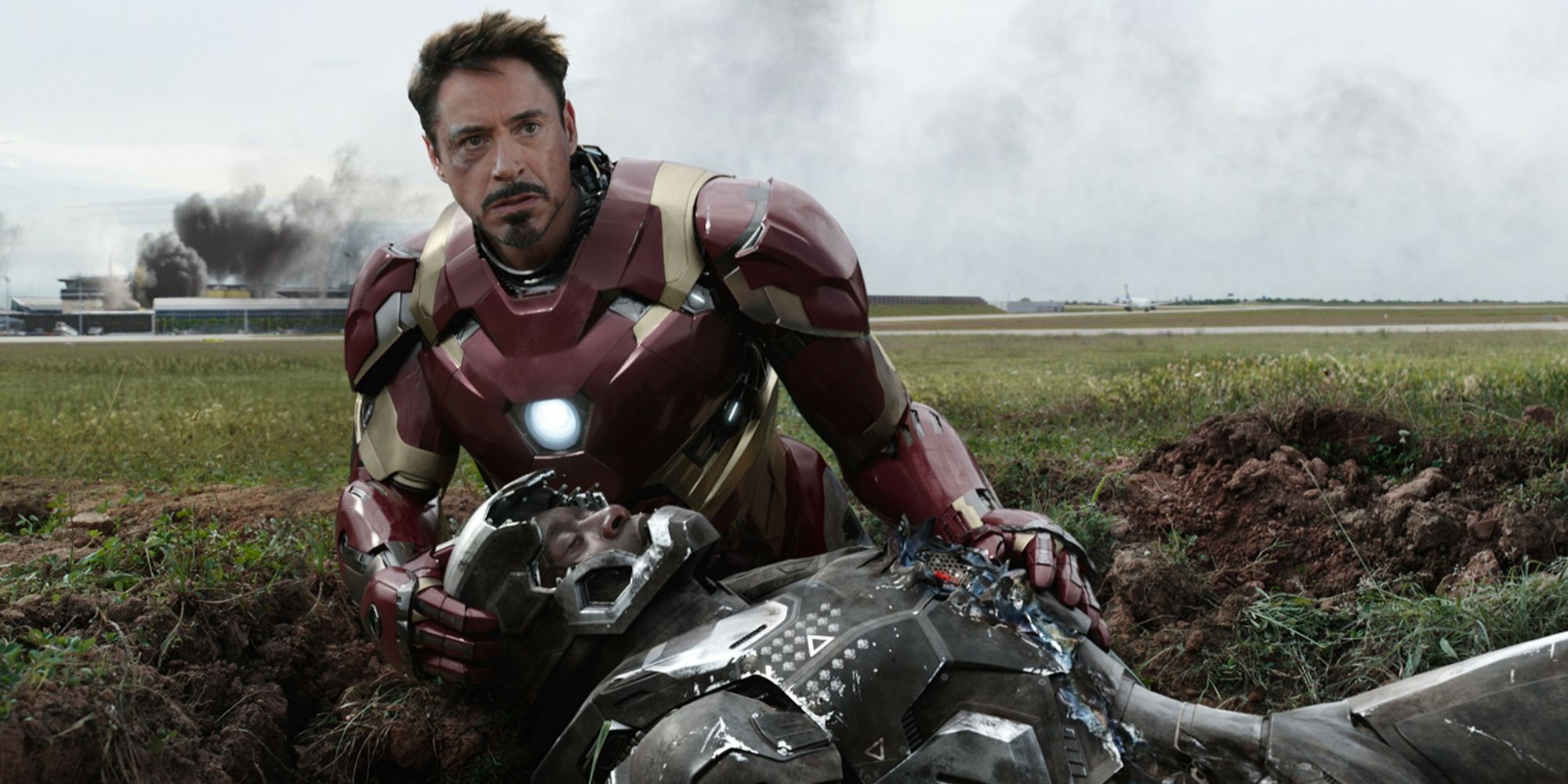After years of fans begging Marvel Studios to give Natasha Romanoff her own movie, they’ve finally relented and gotten one into production. The only downside is that it’s right after the character was killed off following a nine-year tenure as one of the MCU’s foremost heroes. But at least it’s actually happening.
There’s no release date set for Black Widow, but it’s expected to be released some time in 2020 and Kevin Feige has called it the beginning of the next chapter of the MCU, which is pretty exciting. In the past, the franchise’s solo movies have suffered from a few common issues. Here are 10 MCU Solo Movie Problems Black Widow Needs To Avoid.
Formulaic origin story
Origin stories in the MCU tend to follow a pretty rigid story structure. It was fine at first, but the formula is growing predictable and stale. There have been some attempts to shake up the origin story formula, like the non-chronological storytelling of Captain Marvel, which dropped us in the middle and took us back and forth with the Skrulls’ memory-searching device. But on the whole, the MCU’s origin stories tend to be generic and formulaic.
Fortunately, the set photos from Black Widow seem to suggest that this won’t be an origin story – or, at the very least, it’ll be an unconventional one – so the filmmakers are already on the way to fixing this.
Too much focus on connecting to the wider MCU
The MCU has a tendency to get bogged down in connecting its solo movies to the wider universe of the franchise. While it’s fun to see the Falcon pop up to fight Ant-Man at the Avengers’ HQ or Doctor Strange help Thor find his dad, it also stops the movies dead.
The most successful solo movies, like Guardians of the Galaxy or Captain America: The Winter Soldier (boy, 2014 was a good year for the MCU), just focus on telling the stories of their characters and honoring them. The best way to make a Black Widow standalone movie is quite simply for it to stand alone.
Shoehorned-in love interest
The problem with a lot of MCU solo movies is that the studio often feels the need to cram in a love interest. Now, this can lead to interesting, lasting characters, like Pepper Potts and Hope Van Dyne, but it can also lead to disappointingly banal characters, like Jane Foster and Christine Palmer.
Natasha Romanoff doesn’t need a love interest, partly because they already tried giving her a love interest in the form of Bruce Banner and that romantic arc went down like a lead balloon and partly because the character is interesting enough on her own, without a shoehorned-in love interest.
Indistinguishable musical score
A big problem that the solo movies in the MCU have is that their musical scores are just generic orchestral compositions. The composers usually don’t leave an unmistakable mark like Hans Zimmer did on The Dark Knight trilogy or come up with any instantly recognizable tunes like John Williams did for Star Wars.
Black Widow’s advantage is that the character has already been around for years, so there’s already a library of musical motifs written for her. The movie’s composer (who has yet to be announced) can build on those to give us a distinctive soundtrack that only Natasha Romanoff would have.
Lack of weight to the stakes
Some fans criticize the MCU for a lack of stakes, but that’s clearly balderdash since there are always plenty of stakes, whether it’s the whole of S.H.I.E.L.D. collapsing or Tony Stark creating a sentient A.I. bent on world domination or a purple alien altering the fabric of reality. The real problem is that there is rarely any weight to these stakes.
The destruction of Asgard should’ve been a momentous occasion, but since Thor: Ragnarok was mainly a comedy and the characters just joked about Asgard’s demise and shrugged it off, the scene had no weight. Black Widow can fix this by giving the emotional scenes some real heft instead of undercutting them with humor.
Forgettable villain
One of the most common criticisms of the MCU revolves around its “villain problem.” While the heroes are all fantastic, fleshed-out characters, its villains tend to be one-dimensional and forgettable. Either their plans are too vague (Ultron) or they’re poorly characterized (Yellowjacket) or they’re simply uninteresting (Malekith).
Of course, the MCU has had some truly great villains, like Thanos and Killmonger, but they’re few and far between. With the rumor mill suggesting that the villain in Black Widow will be the Taskmaster, a fan favorite from the comics, the filmmakers have an opportunity to add to the MCU’s small roster of great villains.
Compromising the director’s vision
The MCU has often been criticized for compromising the creative vision of its directors. There’s a school of thought that, at least in some cases, this isn’t true – James Gunn and Taika Waititi’s personal stamps are placed very firmly on their MCU movies – or that it isn’t an issue, since the directors are hired by Marvel to do a job and not to have “vision.”
But on the whole, each MCU installment feels basically the same, because Marvel has the money and, as a result, more control over the films. Scarlett Johansson herself selected Black Widow director Cate Shortland, so hopefully she’ll be given as much creative control as Gunn and Waititi.
House-style production design
In the Marvel Comics universe, there are a huge variety of tones and styles to suit the vastly different characters, but the movies in the MCU all feel very similar. They pretty much follow the established house style that was set in Phase 1, no matter how much Marvel will insist that all of its movies fall into a different genre. Ant-Man might have a heist in it, but it ultimately feels more like a generic Marvel superhero movie than a heist movie.
With the Black Widow movie, a true standalone film in the sense that it’s not driving towards some grander future storyline (because we already saw the grander future storyline), there’s a real opportunity to create a movie with its own unique feel.
Overreliance on humor
Ever since Marvel figured out that audiences love Robert Downey, Jr.’s endless quipping in the role of Tony Stark and an overtly comedic movie saved the Guardians of the Galaxy from obscurity, the MCU has relied too much on humor.
It’s fine for some characters to be funny – in the cases of characters like Scott Lang and Peter Parker, it works for their characterization – but now, every single character is cracking zingers and it’s getting harder to take the movies seriously, because they don’t take themselves seriously. Black Widow can, and should, have some humor, but it doesn’t need to use it as a crutch.
Playing it safe
Movies in the MCU rarely take risks, because Marvel needs every one of these movies to be a hit. And that’s a shame, because when they do take risks – like killing off half the cast and having the villain actually succeed in their evil plan – it’s immensely satisfying.
Given that fans have been demanding to see a Black Widow movie for almost a decade, it’s guaranteed that this movie will be a hit, no matter what happens. Plus, there is no obligation here to play it safe. We’re going in knowing how and when the lead character dies, while her origin story has already been touched on in flashbacks. So, for the first time in a solo movie, Marvel has a chance to take serious risks.

